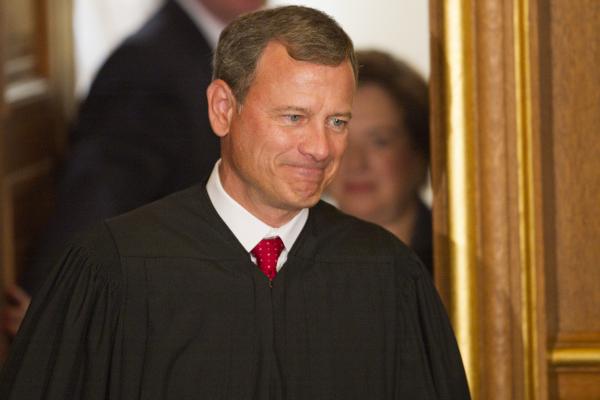In 2009, during the debate over health care, I devoted a good deal of my time arguing in favor of President Obama’s efforts to provide some form of universal health care to the people of the United States. I argued that universal health care is a human right. I argued that providing a way for people to get medical care without the worry of going bankrupt or of having to be shackled to a job because they or someone in their family needs health care is a matter of establishing justice in our country. It is a matter of distributive justice.
In the Supreme Court decision upheld the Affordable Care Act (ACA a.k.a. Obamacare) Chief Justice John Glover Roberts, Jr., writing for the majority of the court in effect said that the act is constitutional because Congress has the power of taxation. He quotes Benjamin Franklin: “Our Constitution is now established . . .but in this world nothing can be said to be certain, except death and taxes.”
Opponents of the ACA argued that the individual mandate that requires people to buy health insurance was unconstitutional. They argued that it was an overreach of governmental power to require someone to buy something. Supporters of the ACA argued that the individual mandate was constitutional under the powers granted to Congress under the commerce clause and because Congress has the power of taxation. The penalty imposed on people who do not buy health insurance will be collected by the IRS when a person files h/er income taxes. The penalty or tax only applies to people who can afford to buy health insurance but who choose to not buy it.
The chief justice’s opinion does not judge the morality of the law. Roberts does not speak of the Universal Declaration of Human Rights and the goals it sets for the entire human community, including universal health care. He does not speak of the concepts of liberty and justice for all, that the government has an obligation to its citizens to make health care something that is available to all.
He does not speak of the Declaration of Independence that says human beings have the right to life, liberty and the pursuit of happiness. This concept of happiness — eudaemonia — means personal well-being. Personal well-being includes good health. To insure human rights is one reason that governments exist.
Roberts does not speak of the United States, one of the richest nations on earth, ranked 37 among nations regarding health care. The low ranking is because of the more than 30 million people who do not have health insurance. He does not say that it is morally reprehensible that our nation spends more money on health care than most industrialized countries yet we have some of the worst outcomes.
Roberts does not lament the long lines of people who do not have adequate health care that form whenever a free clinic comes to town. He does not opine about the people who die unnecessarily every year in this country because they do not have access to health care or they only have access when the problem has gone on too long and has become more difficult and more expensive to treat.
In upholding the ACA, Roberts said that a judgment as to the wisdom of the law is reserved to the people.
I say: the law is a good thing.
Roberts did say that the duty of the Supreme Court is to allow laws to stand whenever it can. He says: “We possess neither the expertise nor the prerogative to make policy judgments.”
Got something to say about what you're reading? We value your feedback!
